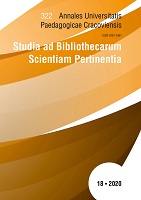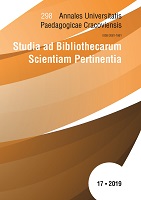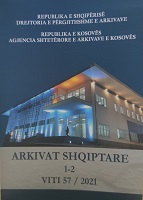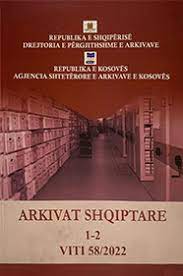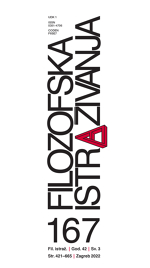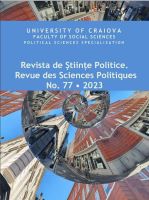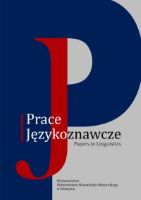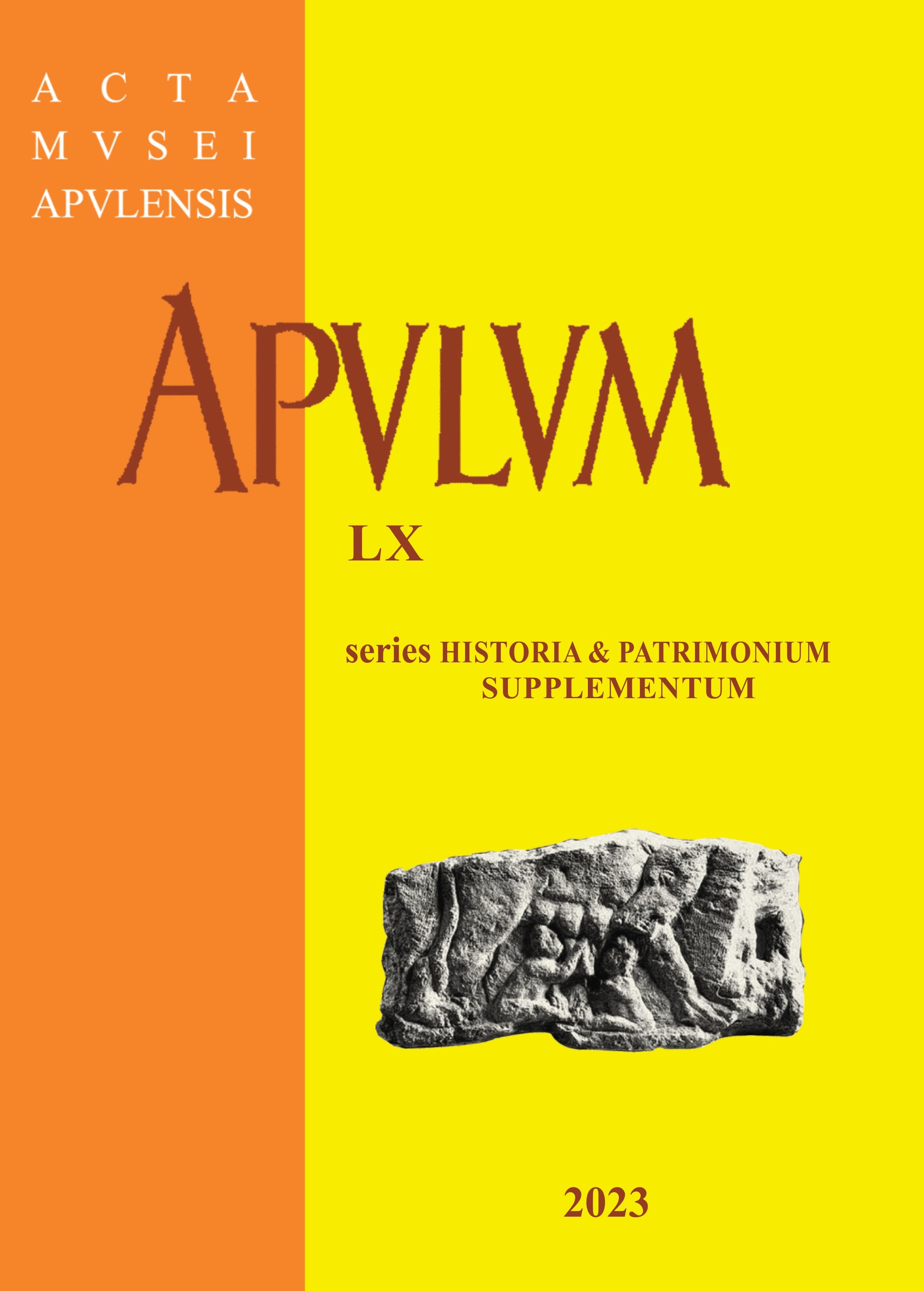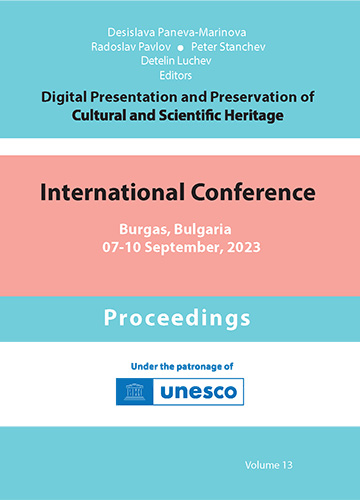
University Readiness for Inclusive Digital Education in Industry 4.0 Era: Survey Results
The emergence of Industry 4.0 has brought about remarkable technological progressions, leading to substantial transformations in work environments. This has created a globally shared vision that the educational and training systems should be improved to offer high-quality, inclusive, and accessible digital education to develop essential skills and abilities that guarantee job readiness and assimilation into the current labour metamorphoses of era 4.0. In Europe, the reform of education at all levels in response to the concepts of University 4.0 and Education 4.0 is outlined as a key priority. In this re-gard, outlining the factors for successful inclusive digital education, as well as the barriers to its implementation, is crucial. This paper presents some of the main results of a survey conducted in Bulgaria, Greece, Italy and Latvia, aiming to determine the readiness of universities to provide inclusive Indus-try 4.0 education.
More...
